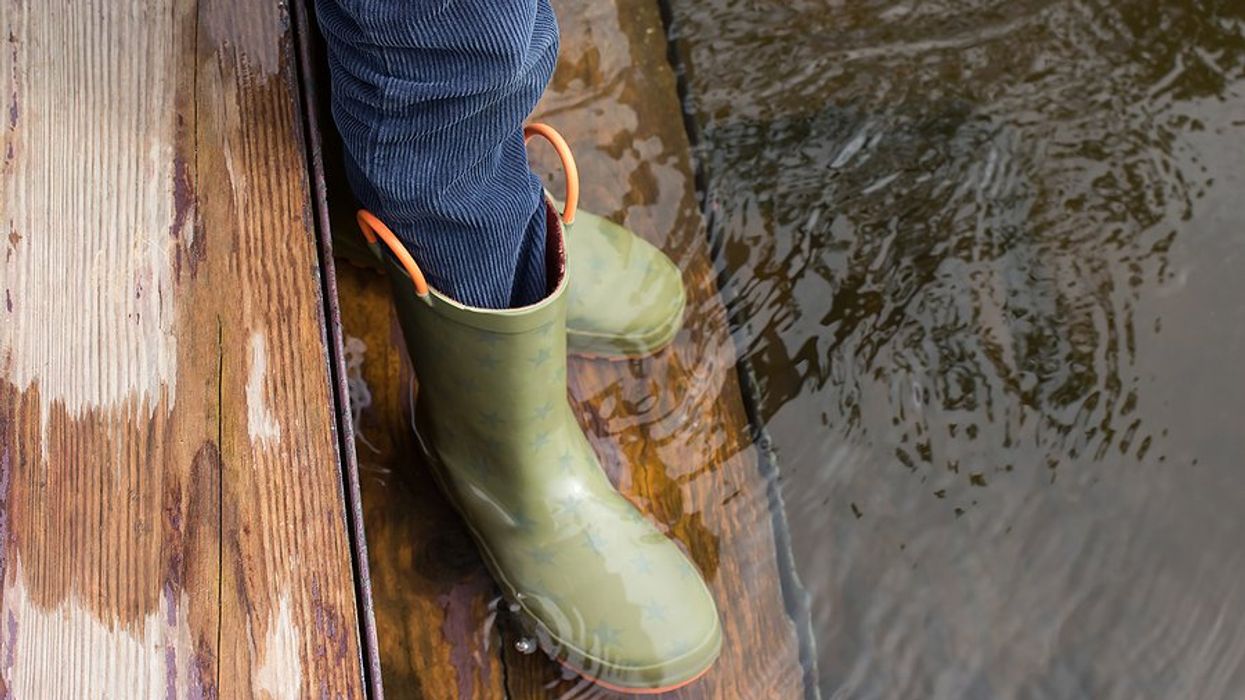Even shallow floodwaters can carry a dangerous mix of sewage, chemicals, and pathogens that pose immediate and lingering health threats.
Simar Bajaj and Maggie Astor report for The New York Times.
In short:
- Floodwaters often contain sewage, pesticides, petroleum, and infectious bacteria and viruses, increasing the risk of gastrointestinal, respiratory, and skin diseases.
- Open wounds and mucous membranes are potential entry points for infection, and submerged hazards like debris and power lines can cause injury or electrocution.
- After floods recede, mold, contaminated drinking water, and mosquito-breeding sites create ongoing risks, especially for vulnerable populations.
Key quote:
“Imagine that somebody had sprayed your entire neighborhood with raw sewage.”
— Dr. Mark Morocco, professor of emergency medicine, Ronald Reagan UCLA Medical Center
Why this matters:
Climate change is increasing both the frequency and intensity of severe storms, pushing more water into streets, homes, and bodies — along with whatever toxins and waste that water picks up along the way. Mold, contaminated water supplies, and breeding grounds for disease-carrying insects pose special risks for children, older adults, and people with chronic illness. And because flooding disproportionately affects low-income communities and people of color—who are more likely to live in high-risk areas and have fewer resources for cleanup—these health impacts deepen environmental and social inequities.
Read more: New poll shows Americans bracing for more dangerous weather events
















